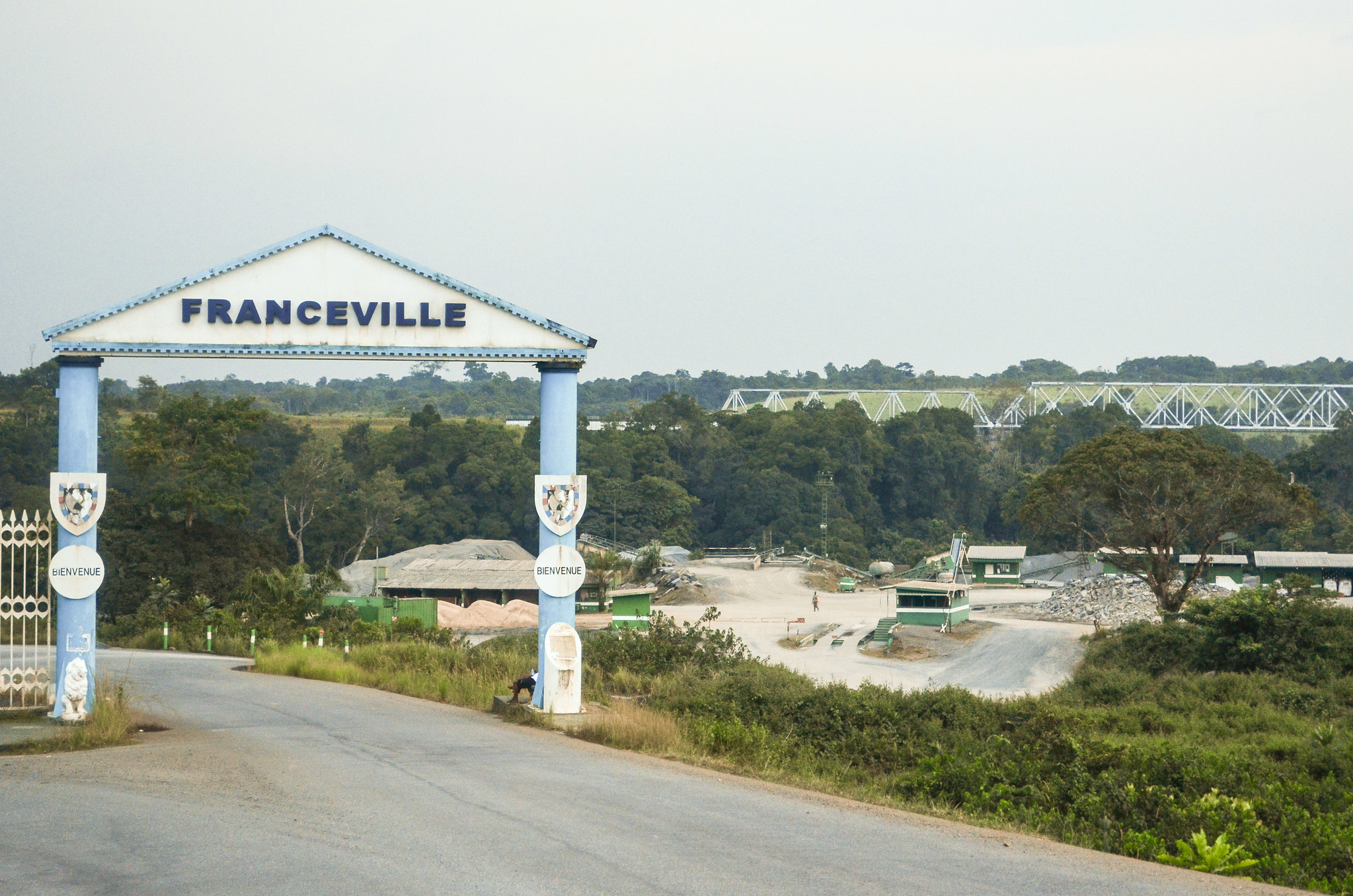LSE’s Nabila Ramdani argues that an Algerian population, with two major bloody conflicts in living memory, have chosen an imperfect political system over Arab Spring-like revolt. This post originally appeared in The National.
If, at the beginning of the Arab Spring, you had been told to select a country that looked a certainty for bloody revolution, you may well have chosen Algeria. As violence broke out from Libya to Syria, it seemed inevitable that the largest nation in Africa by area would go the same way – not necessarily because of any particularly radical movement taking shape, but because of its recent history.

Not only did more than 250,000 people die in an internal conflict in the 10 years prior to 2002, but a more lethal war of independence from France is still in living memory. It ended in 1962 following the deaths of some 1.5 million people, and subsequent generations were traumatised.
Yet at the start of an astonishing wave of protests across the Arab world in 2011, Algeria remained relatively stable. More surprising, 43 per cent of its 37 million people have just participated in parliamentary elections aimed at bringing about gradual change rather than the instant turmoil witnessed in neighbouring Tunisia, Egypt and Libya.
Yes, there were fierce demonstrations countered by equally repressive policing across Algeria at the end of 2010 and the start of 2011. But on 15 April last year, President Abdelaziz Bouteflika announced a “reinforcement of representative democracy”. A state of emergency imposed 19 years earlier was lifted. Mr Bouteflika set a date for the elections and later approved 23 new parties, making a total of 44, all of which, technically at least, had a fair shot at power.
It would be naive in the extreme to believe that a notorious autocrat like Mr Bouteflika had suddenly become an unblemished democrat. During the elections, critics pointed to a suspiciously high turnout in the sparsely populated south while, nationwide, only 10 million of the 22 million eligible voters showed. Many argued that the result was a foregone conclusion because of vote rigging and other corruption. Certainly, few expressed surprise when Mr Bouteflika’s governing National Liberal Front won 220 of the 462 seats in parliament, followed by 68 for the National Democratic Rally (RDN) and 48 for the Islamic Green Alliance.
Yet the very fact that elections took place at all, and that they were not marred by rioting, suggests the people of Algeria have had their fill of instant-fix politics, especially the violent kind. Election fraud charges were questioned by 500 foreign monitors, including ones from the European Union and the Arab League.
Many Algerians point to positive results of the election, including the highest number of women ever in the Algiers parliament. A system of quotas saw 145 take up their seats. This compares well to numerous European countries, including France.
The new position of Islamic parties in Algeria is fascinating. They flourished in post-Arab Spring elections in Egypt, Tunisia and Morocco, stirring up fears that religious orthodoxies would replace pro-western dictatorships. But in Algeria they performed poorly, confirming a widespread prejudice caused by the perceived links between Islamic extremism and terrorism. The lslamic Salvation Front was set to win elections in 1991, but the military prevented this, causing the civil war.
Despite the fear and cynicism that have underpinned his regime, Mr Bouteflika has personified stability since 1999, and the manner in which millions did participate in the elections suggests there are many Algerians who want more of the same. The United States was among foreign governments who described the election as a “welcome step in Algeria’s progress towards democratic reform”.
At least, the election provided evidence that Algerians do not see taking to the streets as the solution to their problems, but would rather work through an imperfect political system. Despite continuing but isolated acts of terrorism, there is a sense of a status quo at odds with the implicitly revolutionary nature of the Arab Spring.
Algeria has endemic institutional problems, but its status as the fifth largest provider of European gas, and its strategic position at the centre of North Africa, makes stability highly desirable for its own people and the outside world. Energy supplies have ensured bank reserves of some $200 billion (Dh735 billion), though very few ordinary people are benefiting from it. Youth unemployment is well over 20 per cent, which is particularly disturbing considering two thirds of the population is under 35. Change is needed, but the way that change is brought about will continue to divide.
Abdallah Djaballah, who leads the Front for Justice and Development, is among religious leaders who have called for a Tunisian-style revolt over what he believes were rigged elections. “These results closed the door on change by the ballot box and the Tunisian option is all that is left for those who believe in change,” he said after his party won just seven seats.
Mr Djaballah may well have a point about Mr Bouteflika’s resistance to real change, but the truth is that a vast, largely conservative population that has experienced decades of bloodshed appears to have rejected the means of the Arab Spring, if not the spirit.
Follow Nabila Ramdani on twitter @NabilaRamdani or visit her website http://www.nabilaramdani.com/.





